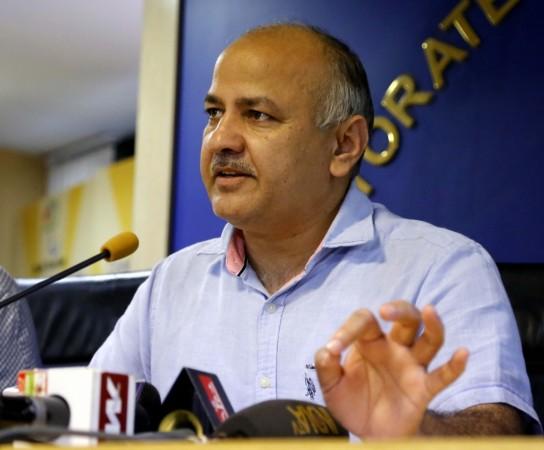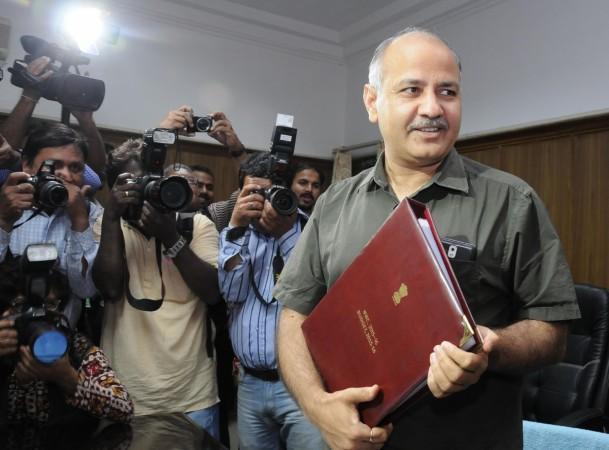
The Aam Aadmi Party (AAP) leader and Delhi Deputy Chief Minister Manish Sisodia has said that the Central government is changing the common discourse to take the heat off itself and hide its failures.
He also accused news outlets of helping the Prime Minister Narendra Modi-led Central government take the attention away from its shortcomings.
Sisodia also laid out the details of how an improving education policy in Delhi was resulting in a change in the mindset of both teachers and students.
On BJP and NDA's failures
Sisodia, in conversation with Danish Manzoor on The Talk, said that the current discourse in the country had regressed back 20 years, from achievements of individuals and organisations to crimes and developments in cities.
He claimed that news outlets had been given a free hand to determine the agenda to discuss at primetime in order to divert people's attention from failures of the Central government, demonetisation being among the biggest of them.
"Where are the rich crying over lost black money? Around 99 percent of demonetised currency notes have come back to the government, and 150 people are dead due to the exercise. Where is the accountability?" he asked.
Sisodia also came down heavily on some other government policies and their implementation, like the Goods and Services Tax (GST).
While he said he supported the idea of one-country-one-tax, the GST regime was not well thought out and had resulted in one-country-many-tax-brackets, with taxes in some cases as high as 28 percent, Sisodia opined.
On AAP's current political position
The deputy CM of Delhi also claimed that despite other political parties trying to disparage the AAP for the actions of some of its members, the Central government was actually following its example!
He pointed out that AAP leaders are never accompanied by security guards, and roam around like the common man, something the Modi government had replicated when taking the decision to remove red beacons and end VIP culture in all walks of life.
He also said that the AAP was trying to bring the discourse back on track, where political parties would discuss health, education, and anti-corruption in order to vie for people's mandate.

On education and its reforms
One aspect of governance in Delhi that improved under the AAP government was education, Sisodia claimed, saying that the system had been put on such a track that "after 20 years of education no person should be so weak that he can be converted into a terrorist in the name of religion."
This was an oblique reference to the manner in which many youths across the country had been recruited into terrorism through extremist ideologies.
He also said that the change in the education system was concentrated not just on students and also teachers, who are now more eager to go on international training in countries such as Singapore and Finland.
"The international exposure is pushing them to think beyond salary and timings," said Sisodia, adding that the old mindset on such training trips had changed.
Watch the FULL interview below:









!['Had denied Housefull franchise as they wanted me to wear a bikini': Tia Bajpai on turning down bold scripts [Exclusive]](https://data1.ibtimes.co.in/en/full/806605/had-denied-housefull-franchise-they-wanted-me-wear-bikini-tia-bajpai-turning-down-bold.png?w=220&h=138)



